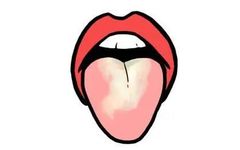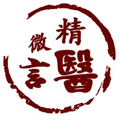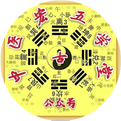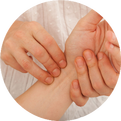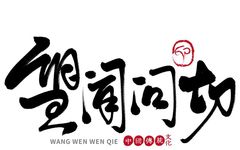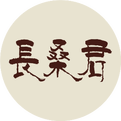The Olfactory Diagnosis in Traditional Chinese Medicine
The olfactory diagnosis involves detecting abnormal odors from the patient’s body, excretions, and the environment to understand the condition and assess the nature of the disease, including its cold-heat and deficiency-excess patterns. Body Odors 1. Halitosis: This refers to foul odors emanating from the mouth when the patient opens it. It is often seen in … Read more

